(Tuesday, February 20th) This morning, Dhaka, the capital city of Bangladesh, secured the fifth position on the global list of cities with the poorest air quality, registering an Air Quality Index (AQI) of 172. The air quality was categorized as 'unhealthy,' posing potential risks to residents' health.
Leading the list were Chengdu in China, Delhi in India, and Lahore in Pakistan, with AQI scores of 341, 199, and 183, respectively.
The World Health Organization (WHO) estimates that air pollution causes seven million deaths annually globally. These deaths are mainly linked to increased rates of stroke, heart disease, lung cancer, chronic obstructive pulmonary disease, and acute respiratory infections.
The AQI serves as a crucial indicator informing individuals about the cleanliness or pollution levels in the air and the associated health implications. In Bangladesh, the AQI is determined based on five pollutants: particulate matter (PM10 and PM2.5), NO2, CO, SO2, and ozone.
Dhaka's struggle with air pollution is not new, with the situation typically worsening during winter and improving slightly during the monsoon season.



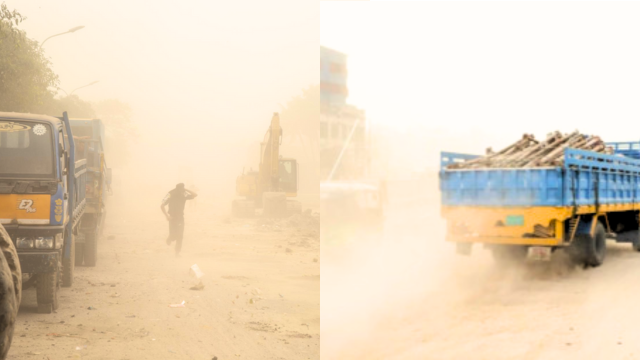


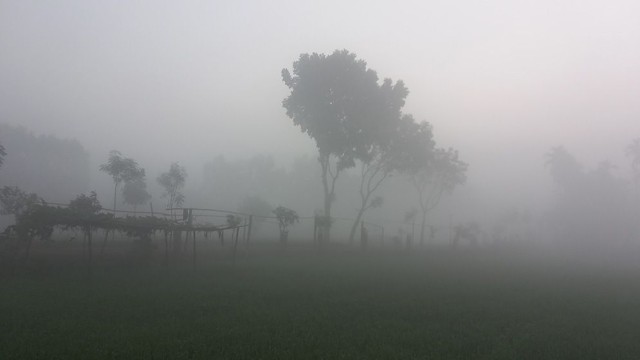
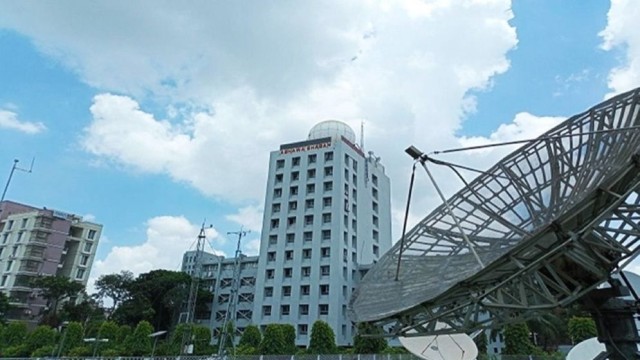
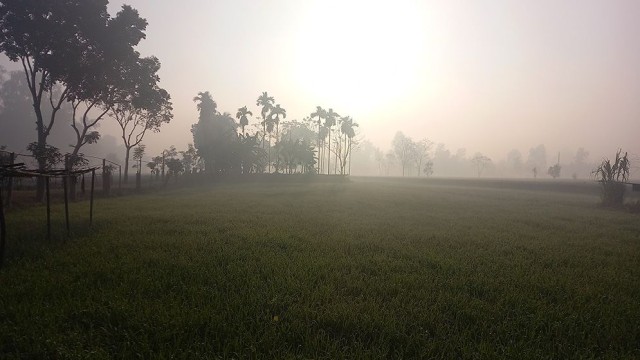
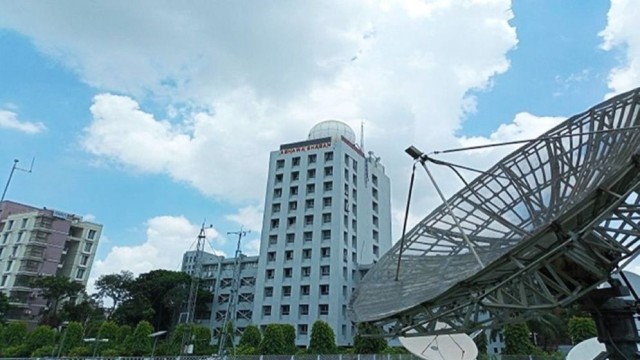





















Comment: